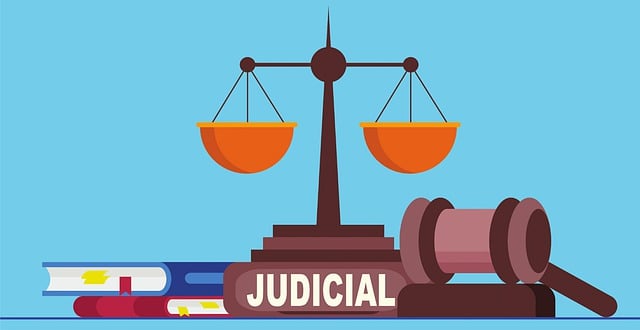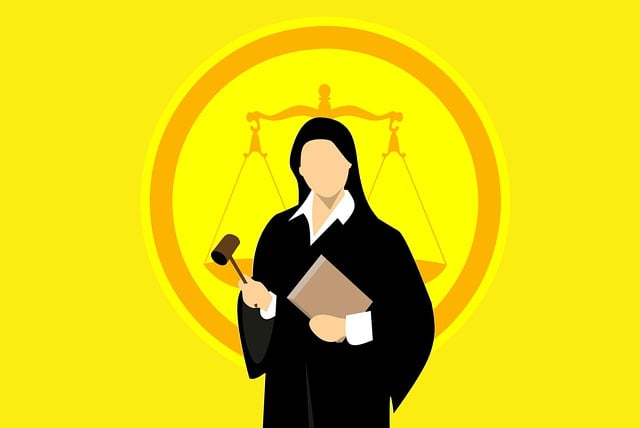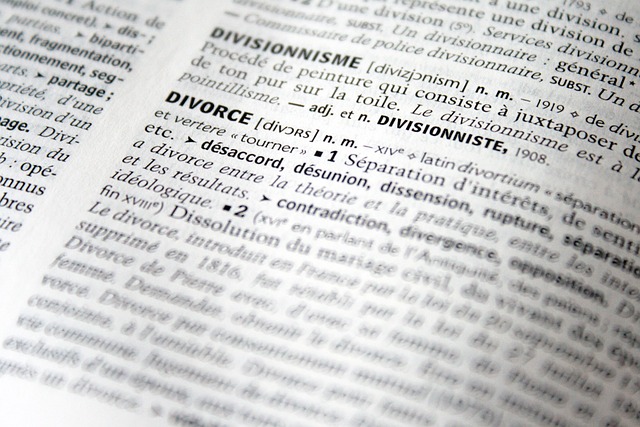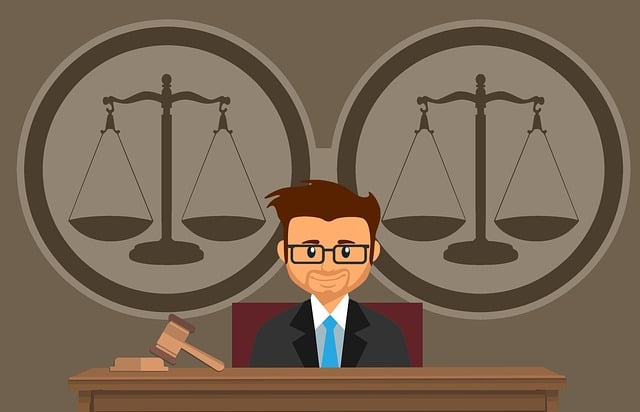Wrongful death occurs when negligence or intentional acts cause someone's death, breaching a legal duty of care. Successful claims provide justice and financial support for affected families, focusing on wrongful death pain and suffering. This compensation includes both the deceased's physical pain and emotional turmoil experienced by loved ones, like grief and mental anguish. Skilled personal injury lawyers help navigate complexities to ensure just recompense for immediate and long-term psychological losses. Close family members directly impacted by wrongful death are entitled to claim damages for emotional distress and potential future earnings lost due to the deceased's passing. Understanding these rights is vital for navigating commercial or insurance disputes during challenging times.
In the aftermath of a wrongful death, understanding the scope of compensation, particularly for pain and suffering, is paramount. While it’s a natural and often intense emotional response, legally, not everyone can claim these damages. This article delves into the intricate world of wrongful death claims, focusing on the element of pain and suffering. We explore who, in light of such tragic losses, holds the legal right to seek compensation for this profound impact.
- Understanding Wrongful Death and Its Legal Implications
- The Element of Pain and Suffering in Wrongful Death Claims
- Who is Entitled to Compensation for Pain and Suffering?
Understanding Wrongful Death and Its Legal Implications
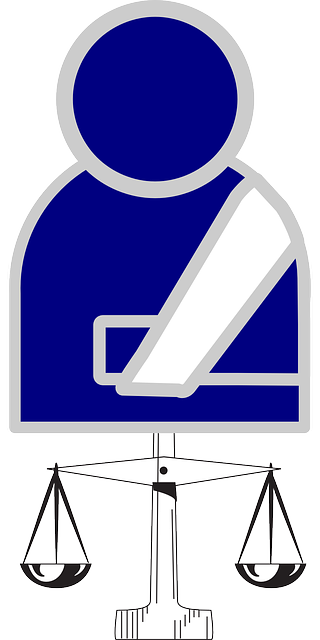
Wrongful death occurs when an individual’s life is lost due to another party’s negligence or intentional actions that breach a legal duty of care. This legal concept carries significant implications, primarily regarding compensation for the loss and suffering endured by the deceased’s family and loved ones. When a wrongful death claim is successful, it can provide a measure of justice and financial support to help families cope with their immense grief. One of the key aspects often sought in such cases is compensation for pain and suffering, which encompasses not just the physical pain experienced by the victim before their passing but also the emotional turmoil suffered by their loved ones.
Understanding wrongful death laws and their legal implications is crucial when determining who can claim pain and suffering after such an event. These laws vary across jurisdictions, but many recognize that close family members, such as spouses, children, or parents, have a legal right to seek damages, including compensation for the deceased’s pain and suffering. In some cases, even those who were not directly related to the victim but had a close personal relationship may be able to claim this compensation. This recognition aims to acknowledge and remunerate the profound impact that wrongful death can have on various aspects of life, extending beyond the immediate financial loss often associated with such tragic events.
The Element of Pain and Suffering in Wrongful Death Claims

In wrongful death claims, the element of pain and suffering is a critical aspect that cannot be overlooked. When a loved one’s life is abruptly taken due to someone else’s negligence or intentional act, the emotional trauma experienced by surviving family members can be profound. This includes not only grief but also the mental anguish associated with the circumstances surrounding the death. Pain and suffering damages are designed to provide compensation for this unique and often devastating experience.
A personal injury lawyer specializing in wrongful death cases will help navigate the complexities of these claims. They understand that every accident, whether a fatal slip and fall or a car crash, is different. As such, they work diligently to present a compelling case, ensuring that the surviving family members receive adequate accident compensation for both the physical and emotional losses incurred. This can include not only the immediate impact but also long-term psychological effects that may arise from the traumatic event.
Who is Entitled to Compensation for Pain and Suffering?

When it comes to wrongful death cases, individuals directly affected by the loss are typically entitled to compensation for pain and suffering. This includes close family members such as spouses, children, parents, or siblings who have experienced emotional distress due to their loved one’s untimely demise. The extent of their entitlement depends on various factors, including the nature of the relationship with the deceased and the specific circumstances surrounding the wrongful death.
In many jurisdictions, these types of claims are recognized under survival statutes, which allow for the continuation of legal rights after a person’s death. This means that the survivors can seek damages for what might have been the deceased’s future earnings, as well as their own losses stemming from the wrongful death. In commercial disputes, contract disputes, or insurance disputes where a wrongful death occurs, it is crucial for affected parties to understand their rights and the potential compensation available for pain and suffering, ensuring they receive adequate support during an already difficult time.
In cases of wrongful death, the concept of pain and suffering compensation is a critical aspect of seeking justice. Understanding who can claim these damages is essential for families navigating this difficult process. The article has explored the legal implications and elements required to establish a valid claim, highlighting that immediate family members, such as spouses, children, or parents, are typically entitled to seek compensation for the emotional distress caused by a loved one’s wrongful death. This conclusion underscores the importance of recognizing and rewarding the unique suffering experienced by those left behind.

